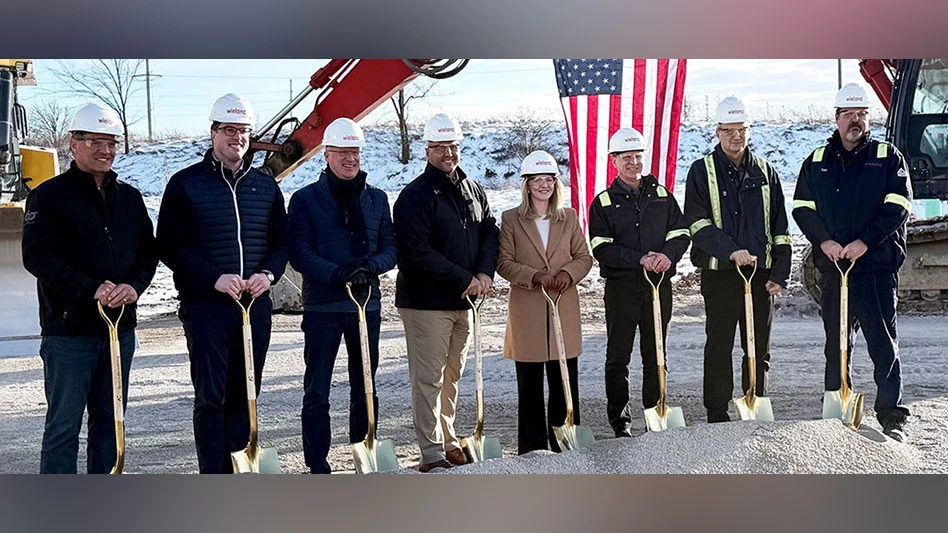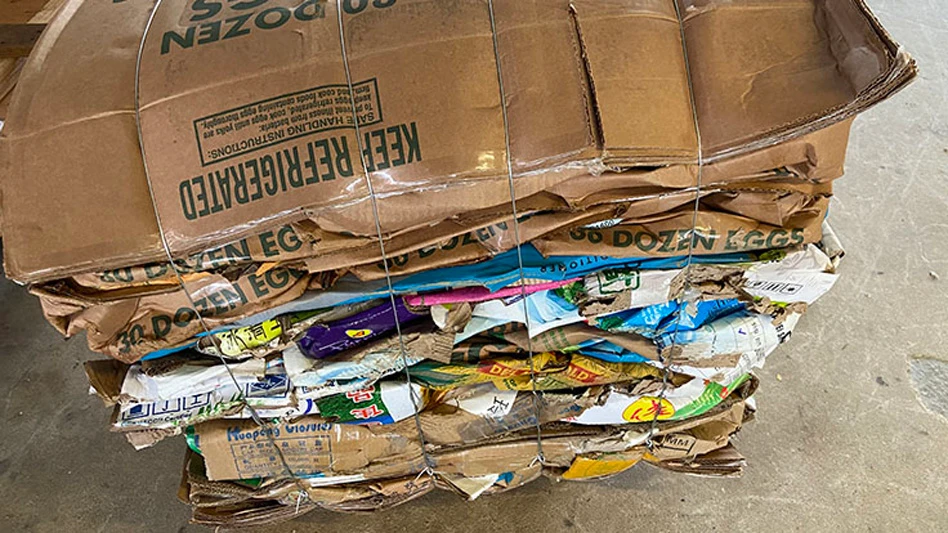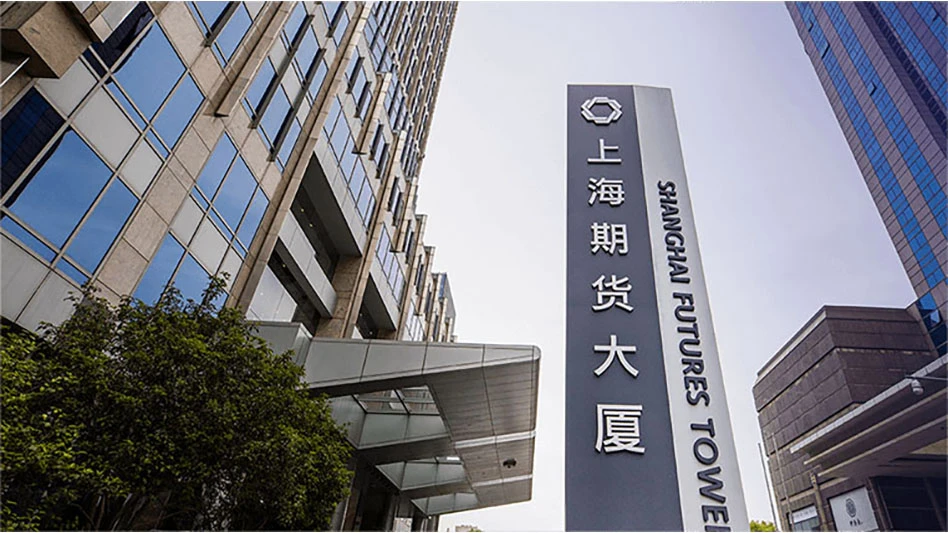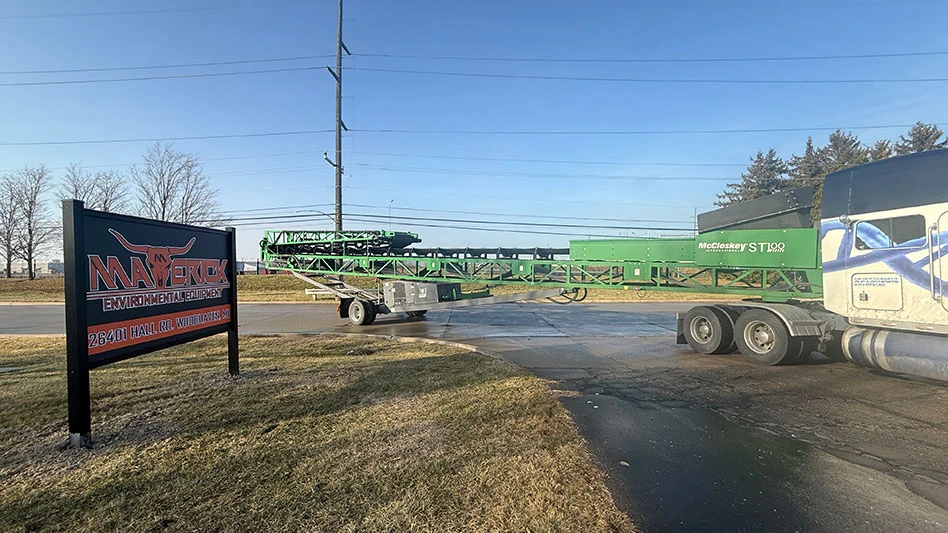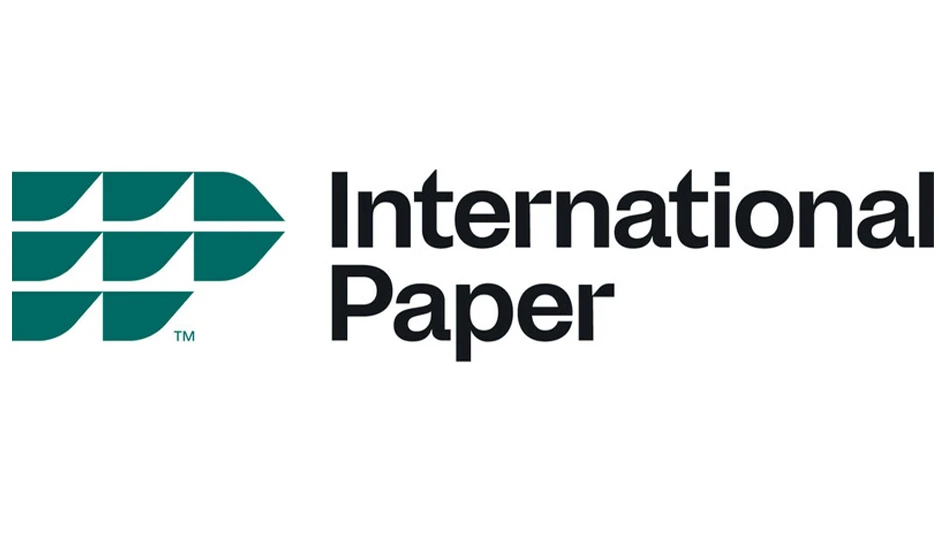
Turkey’s steel industry faces multiple challenges given the country’s unstable political and economic situation. Additional pressure comes from export difficulties caused by protectionism, weak international demand and stiff competition. This has been reflected in reduced imported ferrous scrap purchases.
Domestic supply, however, has gained momentum.
Local scrap consumption reached record levels in 2024. After increasing by 10.2 percent to 9 million metric tons in 2023, Turkey’s domestic consumption spiked further, increasing by 6.3 percent to 9.57 million metric tons last year. It was the highest local scrap consumption since 2018, when the country consumed 9.45 million metric tons.
The main reason behind the increase in domestic scrap availability over the last two years is the demolition of the damaged and collapsed buildings during the devastating February 2023 earthquake in the southern part of Turkey.
After increasing by 10.2 percent to 9 million metric tons in 2023, Turkey’s domestic scrap consumption rose further by 6.3 percent to 9.57 million metric tons last year. It was the highest local scrap consumption since 2018, when the country consumed 9.45 million metric tons.
Downbeat scenario for steel

In 2024, Turkey produced 36.89 million tons of steel, a 9.4 percent increase from the previous year, according to data compiled by the Brussels-based World Steel Association (Worldsteel).
Steel production, however, has yet to reach the record output of 40.36 million metric tons seen in 2021.
The downbeat scenario for Turkish steel has continued into this year. In January and February, its crude steel production decreased by 3.7 percent to 6.1 million metric tons, according to Worldsteel data.
As a result, ferrous scrap imports to Turkey fell by 13 percent to 3.03 million metric tons in the first two months of the year from 3.48 million metric tons in the same period of 2024, according to SteelData. The main suppliers were the Netherlands (609,000 metric tons), the United States (364,000 metric tons) and Belgium (332,000 metric tons).
In January, ferrous scrap imports to Turkey totaled 1.48 million metric tons, down 20 percent from 1.85 million metric tons in the same period last year. However, it is worth noting ferrous scrap consumption in January increased by 1 percent to 2.65 million metric tons thanks to a significant rise in domestic supplies. Local ferrous scrap deliveries grew by 51 percent to 1.17 million metric tons in Turkey in January amid higher material generation.
The share of domestic scrap totaled 44 percent in January, whereas, from 2021-2024, this figure ranged between 26-32 percent. This could become a trend in the current market.

SteelData estimates additional ferrous scrap generation from the area affected by the earthquake will be about 4.5-5 million metric tons as some 230,000 buildings were destroyed or damaged enough to require demolition, the Turkish Environment, Urbanization and Climate Change Ministry reports.
Increasing domestic ferrous scrap supply can help Turkish mills reduce production costs associated with imported scrap prices, which are determined by global supply and demand.
The Davis Index for Turkish imports of U.S.-origin heavy melting steel (HMS) Nos. 1 and 2 (80:20) exceeded $380 per metric ton cost and freight in the second half of March, while rebar sales at $580 per metric ton ex-works/free on board were challenging.
Although the index for HMS Nos. 1 and 2 (80:20) of U.S. origin declined by $4 per metric ton since the end of March, it remained firm at $377.75 per metric ton as of April 8.
Turkish mills are making every effort and seeking opportunities to increase their sales and steel output and to optimize production costs. However, they face unfavorable market conditions in domestic and international markets.

Explore the Spring 2025 Scrap Recycling Issue
Check out more from this issue and find your next story to read.
Latest from Recycling Today
- Cyclic Materials announces plans for South Carolina campus
- WM reports revenue, earnings growth in Q4 and full-year 2025
- Solarcycle’s Cedartown, Georgia, recycling facility opens
- Stadler equips Spanish MRF
- SSAB finishes 2025 with decreased revenue
- Vecoplan appoints CFO
- Aurubis raises full-year forecast
- Levitated Metals adds LIBS sorting technology

